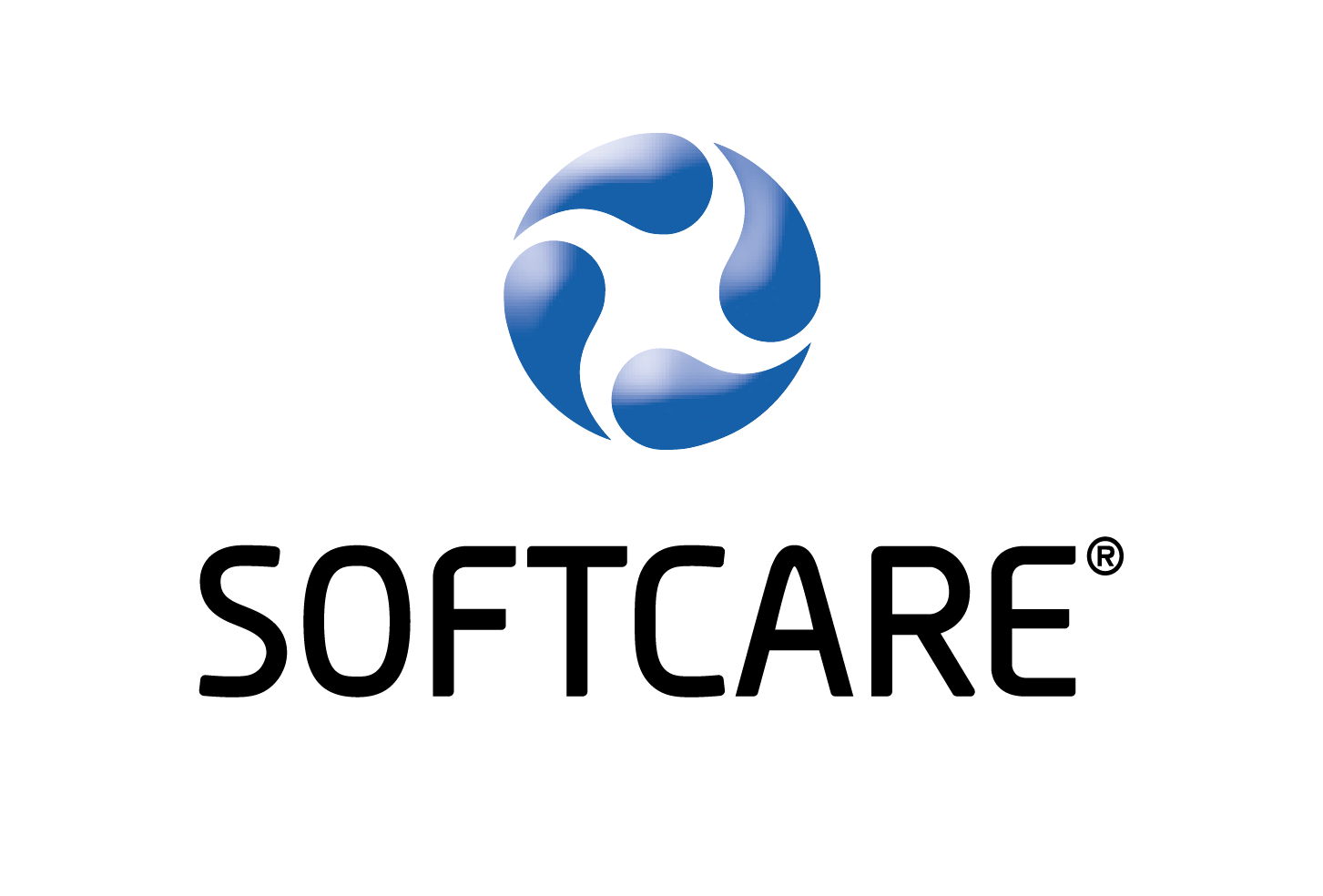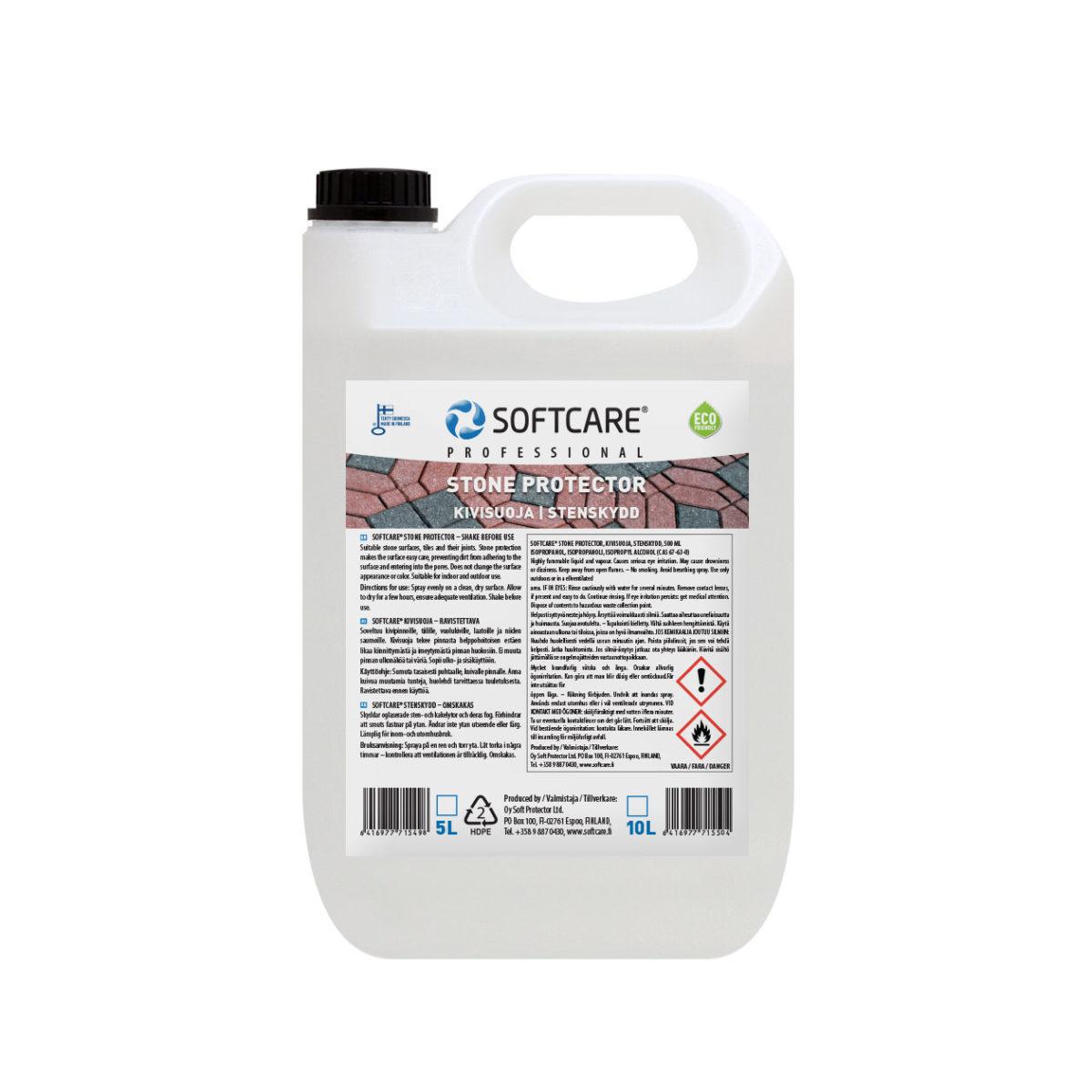In today's rapidly evolving healthcare landscape, the term "softcare" is becoming increasingly significant. It represents a new approach to patient care that focuses on integrating technology, personalized treatment, and emotional support to enhance overall well-being. As healthcare systems worldwide strive to improve patient outcomes, softcare emerges as a vital concept that bridges the gap between traditional medicine and modern innovation.
Softcare is not just a buzzword; it is a revolutionary framework that redefines how healthcare services are delivered. By emphasizing patient-centered care, softcare ensures that individuals receive not only physical treatment but also emotional and psychological support. This holistic approach is gaining traction globally, promising a brighter future for healthcare delivery.
As we delve deeper into this topic, you will discover how softcare is transforming the healthcare industry. From its definition and applications to its benefits and challenges, this article provides a comprehensive overview of softcare and its potential to revolutionize healthcare as we know it.
Read also:Can You Remote Into A Raspberry Pi A Complete Guide For Beginners
Table of Contents
- What is SoftCare?
- The Importance of SoftCare in Modern Healthcare
- Technologies Driving SoftCare
- Benefits of SoftCare for Patients and Providers
- Challenges in Implementing SoftCare
- Applications of SoftCare Across Industries
- The Future of SoftCare
- Case Studies: Real-World Examples of SoftCare
- Regulations and Compliance in SoftCare
- Conclusion: Why SoftCare Matters
What is SoftCare?
Softcare is an innovative approach to healthcare that combines technology, personalized care, and emotional support. It goes beyond traditional medical treatment by addressing the emotional and psychological needs of patients. This concept emphasizes the importance of creating a supportive environment where patients feel understood and valued.
In essence, softcare is about enhancing the patient experience. It involves using advanced technologies such as telemedicine, artificial intelligence, and wearable devices to provide personalized care. By integrating these tools with traditional medical practices, softcare aims to improve patient outcomes and satisfaction.
Softcare is not limited to hospitals or clinics. It can be applied in various settings, including home care, remote consultations, and preventive health programs. This flexibility makes softcare a versatile solution for modern healthcare challenges.
How SoftCare Differs from Traditional Care
While traditional healthcare focuses primarily on diagnosing and treating physical ailments, softcare takes a more holistic approach. Here are some key differences:
- Personalization: Softcare tailors treatment plans to individual needs, ensuring a more effective and satisfying experience.
- Emotional Support: Unlike traditional care, softcare prioritizes the emotional well-being of patients, recognizing its impact on overall health.
- Technology Integration: Softcare leverages cutting-edge technologies to enhance the quality of care and streamline processes.
The Importance of SoftCare in Modern Healthcare
In today's fast-paced world, the importance of softcare cannot be overstated. As healthcare systems face increasing demands, softcare offers a solution that addresses both the physical and emotional needs of patients. By focusing on personalized care and emotional support, softcare improves patient outcomes and satisfaction.
Moreover, softcare aligns with the growing trend of patient-centered care. This approach recognizes that each patient is unique and requires a tailored treatment plan. By prioritizing individual needs, softcare ensures that patients receive the best possible care.
Read also:Discovering Steven Rodriguez The Versatile Actor Making Waves In Hollywood
Key Benefits of SoftCare
Implementing softcare in healthcare settings brings numerous benefits, including:
- Improved Patient Outcomes: Personalized care leads to better health outcomes and faster recovery times.
- Enhanced Patient Satisfaction: By addressing emotional and psychological needs, softcare increases patient satisfaction and trust.
- Increased Efficiency: Technology integration streamlines processes, reducing costs and improving resource allocation.
Technologies Driving SoftCare
The success of softcare relies heavily on the integration of advanced technologies. From telemedicine to artificial intelligence, these tools play a crucial role in enhancing the quality of care. Here are some key technologies driving softcare:
- Telemedicine: Allows patients to consult with healthcare professionals remotely, improving access to care.
- Artificial Intelligence: Enables personalized treatment plans and predictive analytics for early intervention.
- Wearable Devices: Monitors vital signs and provides real-time data for better health management.
How Technology Enhances SoftCare
Technology integration in softcare not only improves the quality of care but also enhances efficiency. For example, AI-powered systems can analyze patient data to identify potential health risks, enabling early intervention. Similarly, wearable devices provide continuous monitoring, allowing healthcare providers to make informed decisions.
Benefits of SoftCare for Patients and Providers
Softcare offers numerous benefits for both patients and healthcare providers. For patients, it provides personalized care and emotional support, leading to improved outcomes and satisfaction. For providers, it enhances efficiency and resource allocation, enabling them to deliver better care.
Additionally, softcare promotes collaboration between patients and providers. By involving patients in their care plans, softcare fosters a sense of ownership and responsibility, leading to better health outcomes.
Benefits for Healthcare Providers
Implementing softcare in healthcare settings brings several advantages for providers, including:
- Improved Efficiency: Technology integration streamlines processes, reducing costs and improving resource allocation.
- Enhanced Collaboration: Softcare encourages collaboration between patients and providers, leading to better outcomes.
- Increased Satisfaction: By focusing on patient needs, softcare improves provider satisfaction and retention.
Challenges in Implementing SoftCare
Despite its numerous benefits, implementing softcare presents several challenges. One of the primary obstacles is the cost of technology integration. Advanced tools such as AI and wearable devices can be expensive, making it difficult for smaller healthcare providers to adopt softcare solutions.
Another challenge is data privacy and security. As softcare relies heavily on digital technologies, ensuring the protection of patient data is crucial. Healthcare providers must implement robust security measures to safeguard sensitive information.
Addressing SoftCare Challenges
To overcome these challenges, healthcare providers can:
- Seek Funding: Explore grants and partnerships to fund technology integration.
- Implement Security Measures: Invest in cybersecurity solutions to protect patient data.
- Train Staff: Provide training and education to ensure staff are equipped to use new technologies effectively.
Applications of SoftCare Across Industries
Softcare is not limited to the healthcare industry. Its principles can be applied in various sectors, including education, workplace wellness, and elder care. By focusing on personalized care and emotional support, softcare enhances the quality of services in these areas.
In education, softcare can be used to support students' mental health and well-being. In workplaces, it can promote employee wellness and productivity. In elder care, softcare ensures that seniors receive the attention and support they need to maintain their quality of life.
SoftCare in Education
Implementing softcare in education involves creating supportive environments where students feel valued and understood. This can be achieved through:
- Mental Health Support: Providing access to counselors and mental health resources.
- Personalized Learning Plans: Tailoring educational programs to meet individual needs.
- Technology Integration: Using digital tools to enhance the learning experience.
The Future of SoftCare
As technology continues to evolve, the future of softcare looks promising. Advances in AI, machine learning, and wearable devices will further enhance the quality of care. Additionally, increased awareness and adoption of softcare principles will lead to better health outcomes and patient satisfaction.
Healthcare providers must stay updated with the latest trends and technologies to fully leverage the potential of softcare. By doing so, they can deliver exceptional care that addresses both the physical and emotional needs of patients.
Trends Shaping the Future of SoftCare
Several trends are shaping the future of softcare, including:
- Artificial Intelligence: AI-powered systems will enable more accurate diagnoses and personalized treatment plans.
- Internet of Things (IoT): IoT devices will provide real-time data for better health management.
- Telehealth Expansion: Increased adoption of telemedicine will improve access to care.
Case Studies: Real-World Examples of SoftCare
Several organizations have successfully implemented softcare solutions, demonstrating its potential to transform healthcare. One notable example is a hospital that integrated AI-powered systems to personalize treatment plans for cancer patients. This approach led to improved outcomes and higher patient satisfaction.
Another example is a wearable device company that partnered with healthcare providers to monitor patients with chronic conditions. The real-time data provided by these devices enabled early intervention, reducing hospital readmissions and improving patient health.
Lessons Learned from Case Studies
These case studies highlight the importance of:
- Technology Integration: Leveraging advanced tools to enhance care quality.
- Collaboration: Working with partners to develop innovative solutions.
- Patient-Centered Care: Prioritizing individual needs to achieve better outcomes.
Regulations and Compliance in SoftCare
Implementing softcare solutions requires adherence to regulations and compliance standards. Healthcare providers must ensure that their practices align with legal requirements to protect patient data and maintain trust.
Key regulations include the Health Insurance Portability and Accountability Act (HIPAA) in the United States and the General Data Protection Regulation (GDPR) in Europe. These laws mandate the protection of patient information and outline penalties for non-compliance.
Ensuring Compliance in SoftCare
To ensure compliance, healthcare providers can:
- Conduct Regular Audits: Assess systems and processes to identify potential vulnerabilities.
- Train Staff: Educate employees on data protection and compliance requirements.
- Implement Security Measures: Invest in cybersecurity solutions to safeguard sensitive information.
Conclusion: Why SoftCare Matters
Softcare represents a transformative approach to healthcare that prioritizes personalized care and emotional support. By integrating technology with traditional medical practices, softcare enhances the quality of care and improves patient outcomes. As healthcare systems continue to evolve, softcare will play a vital role in shaping the future of healthcare delivery.
We encourage you to explore the potential of softcare and consider implementing it in your healthcare practice. By doing so, you can deliver exceptional care that addresses both the physical and emotional needs of patients. Don't forget to share your thoughts and experiences in the comments below, and explore other articles on our site for more insights into healthcare innovation.

